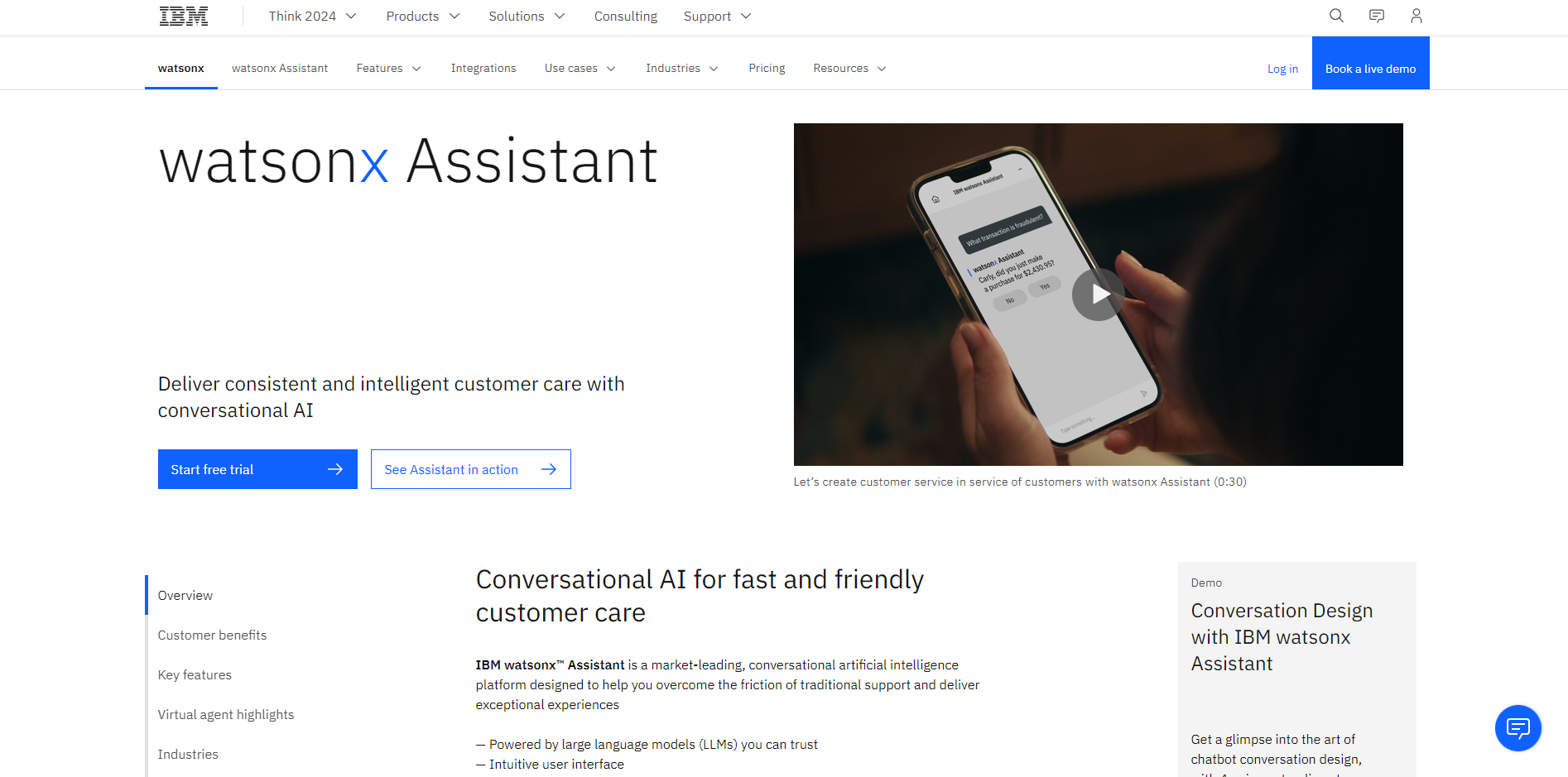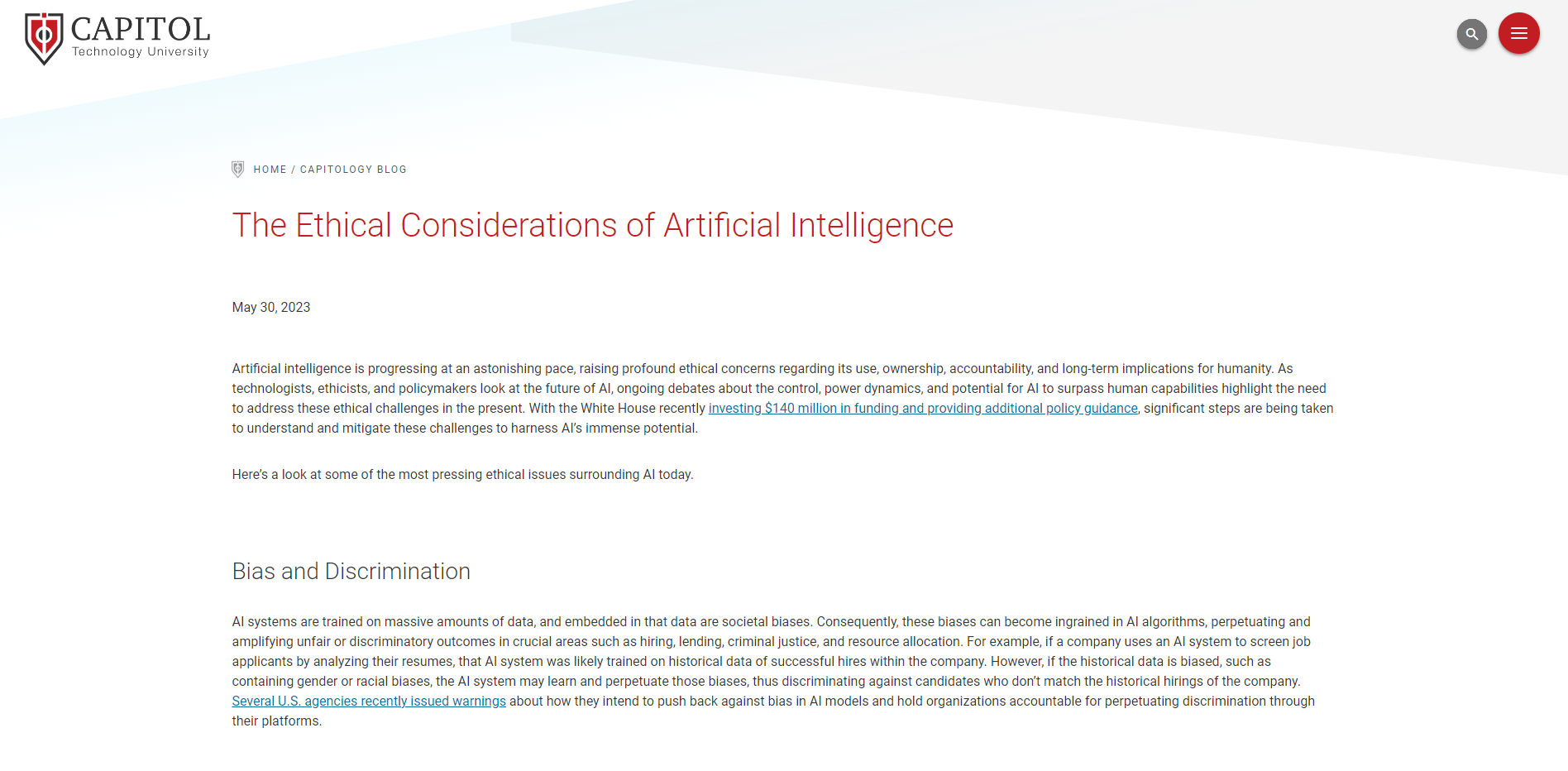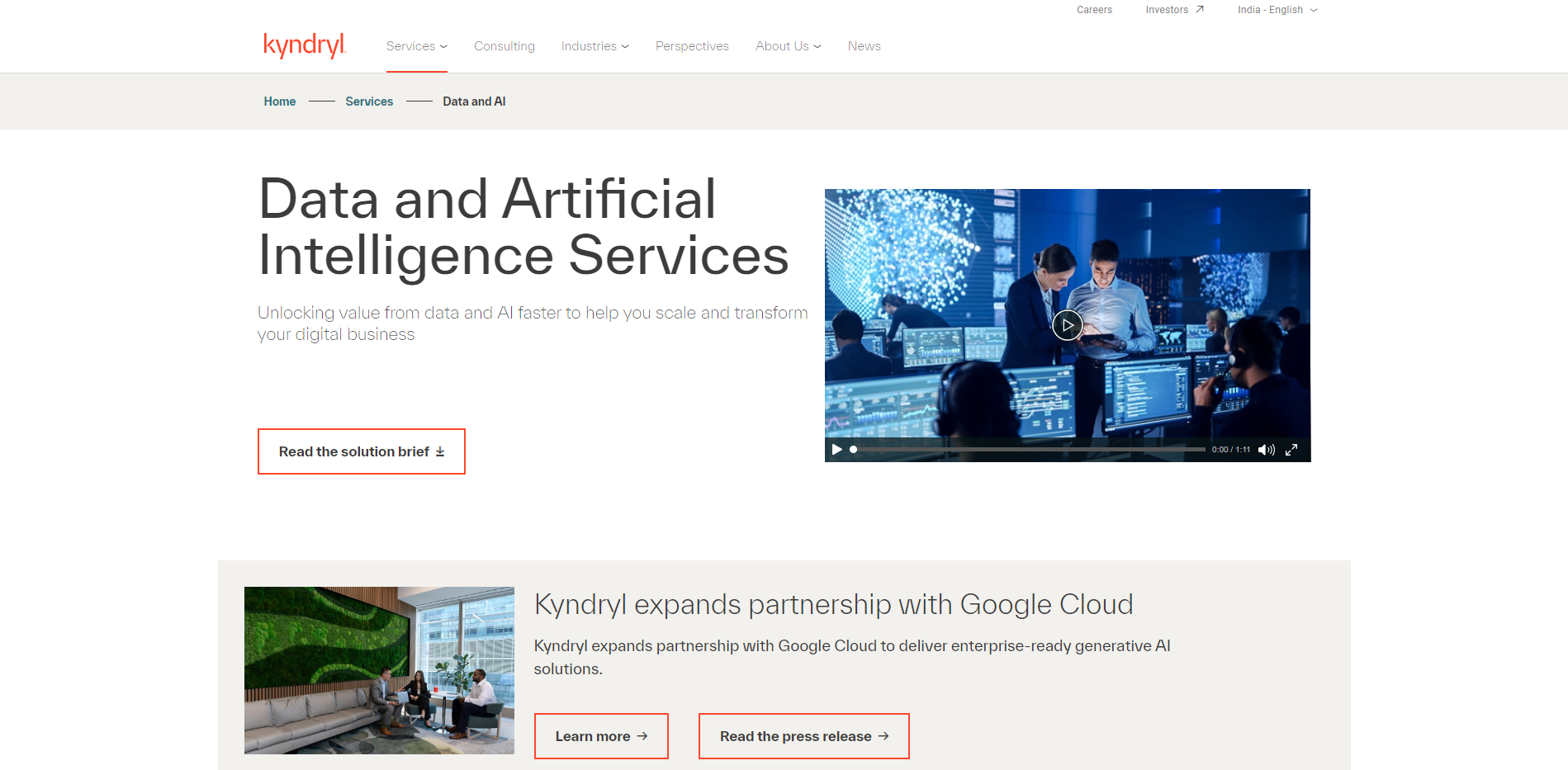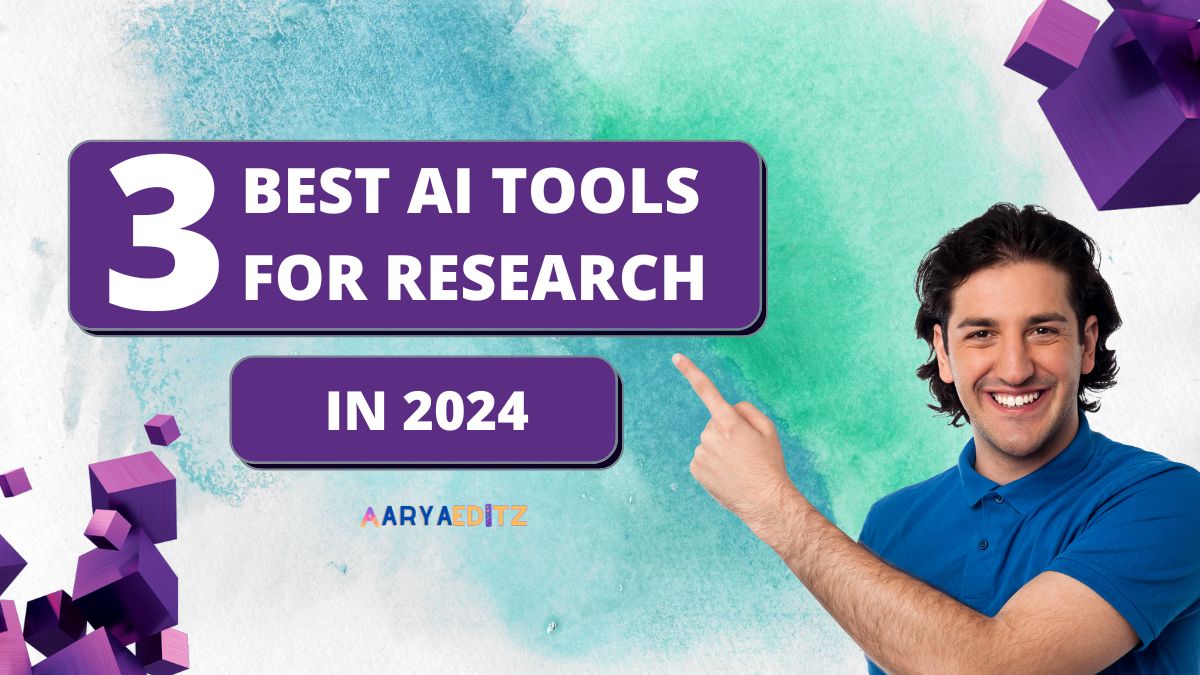AI tools are revolutionizing the world of research, offering researchers powerful capabilities to streamline data analysis, generate insights, and automate time-consuming tasks. In this article, we’ll explore the top 3 AI tools that are set to transform research in 2024. From advanced data processing to predictive analytics, these AI-powered solutions are poised to take research to new heights.
The AI tools for research, AI-powered research assistants, AI-driven data analysis, and predictive analytics for research are becoming increasingly essential for researchers across various fields. These cutting-edge technologies are enabling researchers to unlock new levels of efficiency, productivity, and breakthrough insights, paving the way for groundbreaking discoveries and advancements.
Key Takeaways
- AI tools are revolutionizing the world of research, offering powerful capabilities to streamline data analysis and automate time-consuming tasks.
- The top 3 AI tools set to transform research in 2024 will focus on advanced data processing and predictive analytics.
- AI-powered research assistants and AI-driven data analysis are becoming indispensable for researchers across diverse fields.
- Predictive analytics enabled by AI is poised to reshape the way researchers plan and execute their projects.
- Integrating AI into existing research workflows requires careful planning and a collaborative relationship between humans and AI.
AI Tools for Research: Revolutionizing Data Analysis
The world of research is undergoing a profound transformation, thanks to the emergence of cutting-edge AI tools. These intelligent technologies are revolutionizing the way researchers approach data analysis, offering unprecedented capabilities to uncover hidden patterns, generate insights, and streamline the entire research process.
Exploring the Potential of AI in Research
By harnessing the power of artificial intelligence, researchers can now leverage advanced algorithms and machine learning to tackle data-driven challenges with unprecedented efficiency. AI tools for data analysis are enabling researchers to automate time-consuming tasks, such as data collection and cleaning, allowing them to focus on higher-level analysis and problem-solving.
Enhancing Efficiency: AI’s Role in Data Processing
One of the key ways AI is transforming research is through its ability to automate data processing workflows. AI-powered research tools can seamlessly integrate with existing research workflows, streamlining data collection, cleaning, and analysis. This not only saves researchers valuable time but also ensures a more consistent and reliable data-driven decision-making process.
From spotting trends and anomalies to generating predictive analytics, AI-powered research tools are becoming indispensable allies for researchers across various fields. As the adoption of these AI tools continues to grow, researchers are poised to unlock new levels of efficiency, productivity, and breakthrough insights that will shape the future of research.
Top AI Tools for Researchers in 2024
As we look ahead to 2024, a new wave of cutting-edge AI tools is poised to transform the research landscape. These innovative solutions offer researchers unparalleled capabilities, from advanced data analysis to predictive modeling and beyond. In this section, we’ll delve into the top AI-powered research solutions that are set to redefine the future of research.
One of the standout AI tools for researchers in 2024 is the AI-powered research assistant, which can streamline every aspect of the research process. These intelligent tools leverage natural language processing and machine learning to automate tasks like literature reviews, data collection, and even hypothesis generation. By freeing researchers from mundane, time-consuming tasks, these AI-powered research solutions allow them to focus on higher-level analysis and problem-solving.
Another game-changing AI tool for researchers in 2024 is the predictive analytics platform. These cutting-edge solutions harness the power of AI to generate accurate forecasting models, helping researchers anticipate future trends, identify potential challenges, and optimize resource allocation. From predicting research outcomes to forecasting resource needs, these AI-driven insights are poised to reshape the way researchers plan and execute their projects.
In addition to research assistants and predictive analytics, the researchers of 2024 will also have access to a suite of AI-powered data analysis tools. These solutions can uncover hidden patterns, generate insights, and streamline the entire data processing workflow. By leveraging the power of artificial intelligence, researchers can spend less time on data cleaning and more time on high-impact analysis, leading to groundbreaking discoveries.
As the adoption of these cutting-edge AI tools for research continues to grow, researchers will be able to unlock new levels of efficiency, productivity, and breakthrough insights. By seamlessly integrating these intelligent technologies into their workflows, researchers can look forward to a future where AI and human expertise work hand-in-hand to push the boundaries of scientific discovery.
Unveiling the Latest AI-Powered Research Assistants

The latest AI-powered research assistants are revolutionizing the way researchers approach their work. These intelligent tools can streamline every step of the research process, from conducting comprehensive AI-driven literature reviews to automating data collection and cleaning. By leveraging natural language processing and machine learning, these AI assistants can save researchers countless hours, allowing them to focus on higher-level analysis and problem-solving.
Streamlining Literature Reviews with AI
Sifting through the vast array of academic literature can be a time-consuming and daunting task for researchers. However, AI-powered research assistants are transforming this process by automating the literature review. These intelligent tools can quickly scan and synthesize relevant publications, identifying key insights, trends, and gaps in the existing body of knowledge. This not only saves researchers valuable time but also ensures that they have a comprehensive understanding of the field before embarking on their own research projects.
Automating Data Collection and Cleaning
Data is the lifeblood of research, but the process of collecting and cleaning it can be laborious and error-prone. Fortunately, AI-powered research assistants are stepping in to streamline these critical tasks. By leveraging automated data collection and cleaning capabilities, these AI tools can quickly gather, organize, and validate large datasets, freeing up researchers to focus on higher-level analysis and interpretation. This not only enhances efficiency but also improves the overall quality and reliability of the research findings.
| AI Research Assistants | Key Features | Benefits for Researchers |
|---|---|---|
| Eliza |
|
|
| Athena |
|
|
| Galileo |
|
|
Harnessing the Power of AI for Predictive Analytic
AI is not just transforming data analysis; it’s also revolutionizing predictive analytics in research. By leveraging advanced algorithms and machine learning, AI-powered tools can generate accurate AI-powered forecasting models, helping researchers anticipate future trends, identify potential challenges, and optimize resource allocation with AI. From predicting research outcomes to forecasting resource needs, these AI-driven insights are poised to reshape the way researchers plan and execute their projects.
AI-Driven Forecasting Models
The integration of AI into the research process has opened up new frontiers in predictive analytics. Cutting-edge AI for predictive analytics tools can analyze vast amounts of data, identify patterns, and generate highly accurate forecasting models. These AI-powered models enable researchers to anticipate future trends, plan for contingencies, and make more informed decisions, ultimately enhancing the efficiency and success of their research endeavors.
Optimizing Resource Allocation with AI
Alongside its forecasting capabilities, AI is revolutionizing the way researchers approach resource management. By leveraging AI-driven resource optimization algorithms, researchers can intelligently allocate their time, funding, and personnel to maximize the impact of their work. These AI-powered insights help researchers identify areas where resources can be better utilized, ensuring that projects stay on track and achieve their desired outcomes.
| AI-Powered Predictive Analytics | Benefits for Researchers |
|---|---|
| Accurate Forecasting Models | Anticipate future trends and plan accordingly |
| Optimized Resource Allocation | Efficient use of time, funding, and personnel |
| Data-Driven Decision-Making | Enhance research outcomes and impact |
Ethical Considerations in Using AI for Research

As the adoption of AI tools in research continues to grow, it’s crucial to consider the ethical implications of these technologies. Researchers must ensure that the use of AI respects privacy and data protection, and they must also address the potential for bias in AI-powered research. By establishing robust ethical frameworks and implementing safeguards, researchers can harness the power of ethical AI in research while upholding the highest standards of integrity and responsibility.
Ensuring Privacy and Data Protection
The collection and analysis of data are central to AI-powered research, and researchers must prioritize privacy and data protection in their use of these technologies. This includes implementing strict data governance policies, obtaining informed consent from research participants, and ensuring that sensitive information is securely stored and processed. Researchers must also be transparent about their data collection and usage practices, building trust with the research community and the public.
Mitigating Bias in AI-Powered Research
AI algorithms can perpetuate and amplify existing biases, potentially skewing research findings and leading to flawed conclusions. Researchers must be vigilant in identifying and addressing bias in AI-powered research, employing techniques such as diverse data sampling, algorithmic auditing, and regular model evaluation. By proactively addressing bias, researchers can ensure that their AI-driven insights are accurate, unbiased, and representative of the populations they study.
Integrating AI into Existing Research Workflows
As researchers increasingly rely on AI-powered tools to enhance their work, the challenge lies in seamlessly integrating these intelligent technologies into their existing research workflows. The key to success lies in fostering a collaborative partnership between humans and AI, where each party’s strengths are leveraged to drive efficiency, productivity, and breakthrough insights.
Seamless Collaboration Between Humans and AI
Effective human-AI collaboration in research requires a delicate balance. Researchers must learn to trust the capabilities of AI while maintaining a clear understanding of its limitations. By working in tandem with AI-driven research assistants, researchers can automate time-consuming tasks such as data collection, cleaning, and analysis, freeing up valuable time for higher-level conceptual work and critical thinking.
The integration of AI into research workflows must be thoughtful and strategic. Researchers should carefully evaluate the specific needs of their projects and identify the areas where AI can have the most significant impact, whether it’s enhancing literature reviews, optimizing experimental design, or generating predictive models. By aligning AI-powered tools with their research objectives, researchers can unlock the full potential of these intelligent technologies and achieve unprecedented levels of efficiency and productivity.
As the relationship between humans and AI in research continues to evolve, researchers must remain vigilant in ensuring that these AI-augmented processes adhere to ethical and responsible practices. This includes addressing concerns around data privacy, algorithmic bias, and the transparency of AI-driven decision-making. By navigating these challenges, researchers can harness the power of AI while maintaining the integrity and rigor of their work.
AI Tools for Research: Industry-Specific Applications

As the adoption of AI tools in research continues to transform various industries, it’s crucial to understand how these advanced technologies are tailored to address the unique needs and challenges of different research fields. In this section, we’ll explore the impact of AI in two key areas: healthcare research and environmental research.
AI in Healthcare Research
In the dynamic and rapidly evolving field of healthcare, AI tools for industry-specific research are proving to be invaluable assets. From accelerating drug discovery to optimizing clinical trials, these AI-powered applications are revolutionizing the way researchers approach healthcare-related challenges. By harnessing the power of AI in healthcare research, scientists can now analyze vast amounts of data, identify patterns, and generate insights that were previously unattainable.
One of the standout examples of AI-powered research applications in healthcare is the use of machine learning algorithms to expedite the drug discovery process. These AI tools can sift through vast databases of chemical compounds, identifying potential drug candidates with unprecedented speed and accuracy. Additionally, AI in healthcare research has enabled researchers to optimize the design and execution of clinical trials, leading to more efficient and cost-effective research efforts.
AI in Environmental Research
The environmental research sector has also witnessed a significant transformation with the integration of AI tools for industry-specific research. These advanced technologies are proving to be invaluable in addressing pressing global challenges, such as climate change, resource management, and ecosystem preservation.
In the realm of environmental research, AI-powered research applications are used to analyze complex environmental data, model climate patterns, and predict future trends. By leveraging machine learning and data analytics, researchers can now gain deeper insights into the intricate relationships between various environmental factors, enabling more informed decision-making and policy development.
Moreover, AI in environmental research is playing a crucial role in optimizing resource management and conservation efforts. AI-powered tools can help researchers identify optimal strategies for sustainable resource utilization, monitor ecological changes in real-time, and develop innovative solutions to address environmental challenges.
As the demand for sustainable and data-driven research continues to grow, the integration of AI tools for industry-specific research will undoubtedly become even more prevalent across various fields, empowering researchers to push the boundaries of discovery and innovation.
Emerging Trends in AI-Powered Research Tools
As we look to the future, the world of AI-powered research tools is poised for even more remarkable advancements. Natural language processing (NLP) is revolutionizing the way researchers interact with data, enabling them to extract insights from vast troves of information with unprecedented speed and efficiency. By leveraging NLP, researchers can now seamlessly comb through research papers, reports, and other textual sources, uncovering hidden patterns and relationships that would have been impossible to detect manually.
Natural Language Processing for Research
The power of NLP extends far beyond text-based analysis. Researchers are now employing these advanced language models to streamline the entire research process, from formulating research questions to generating hypotheses and even drafting research papers. AI-powered virtual research assistants are taking the concept of automation to new heights, providing researchers with on-demand support and freeing them to focus on higher-level tasks.
AI-Enabled Virtual Research Assistants
These cutting-edge virtual assistants are equipped with a deep understanding of research methodologies, statistical analysis, and scientific writing, enabling them to assist researchers at every stage of their work. From providing real-time feedback on research proposals to automatically generating literature reviews, these AI-powered tools are poised to transform the future of research, ushering in a new era of efficiency, collaboration, and innovation.
FAQ
What are the top 3 AI tools for research in 2024?
AI tools are revolutionizing the world of research, offering researchers powerful capabilities to streamline data analysis, generate insights, and automate time-consuming tasks. The top 3 AI tools for research in 2024 are set to transform the research landscape, from advanced data processing to predictive analytics.
How are AI tools enhancing efficiency in data processing for research?
AI tools are revolutionizing the way researchers approach data analysis. By harnessing the power of artificial intelligence, these tools can uncover hidden patterns, generate insights, and streamline the entire research process. From automating data collection and cleaning to spotting trends and anomalies, AI is becoming an indispensable ally for researchers across various fields.
What are the latest AI-powered research assistants and how are they transforming the research process?
The latest AI-powered research assistants are revolutionizing the way researchers approach their work. These intelligent tools can streamline every step of the research process, from conducting comprehensive literature reviews to automating data collection and cleaning. By leveraging natural language processing and machine learning, these AI assistants can save researchers countless hours, allowing them to focus on higher-level analysis and problem-solving.
How can AI be leveraged for predictive analytics in research?
AI is not just transforming data analysis; it’s also revolutionizing predictive analytics in research. By leveraging advanced algorithms and machine learning, AI-powered tools can generate accurate forecasting models, helping researchers anticipate future trends, identify potential challenges, and optimize resource allocation. From predicting research outcomes to forecasting resource needs, these AI-driven insights are poised to reshape the way researchers plan and execute their projects.
What are the ethical considerations in using AI for research?
As the adoption of AI tools in research continues to grow, it’s crucial to consider the ethical implications of these technologies. Researchers must ensure that the use of AI respects privacy and data protection, and they must also address the potential for bias in AI-powered research. By establishing robust ethical frameworks and implementing safeguards, researchers can harness the power of AI while upholding the highest standards of integrity and responsibility.
How can researchers seamlessly integrate AI into their existing workflows?
Integrating AI tools into existing research workflows requires careful planning and implementation. Researchers must find ways to seamlessly incorporate these intelligent technologies into their daily tasks, fostering a collaborative relationship between humans and AI. By leveraging the strengths of both, researchers can unlock new levels of efficiency, productivity, and breakthrough insights.
How are AI tools being applied in specific research industries, such as healthcare and environmental research?
AI tools for research are not one-size-fits-all; different industries and research fields have unique needs and challenges. In healthcare research, AI is transforming drug discovery and accelerating the development of new treatments. In environmental research, AI-powered tools are optimizing resource management and assisting in the analysis of complex data sets.
What are the emerging trends in AI-powered research tools?
As we look to the future, the world of AI-powered research tools is poised for even more remarkable advancements. Natural language processing (NLP) is revolutionizing the way researchers interact with data, while AI-enabled virtual research assistants are taking the concept of automation to new heights. These emerging trends are paving the way for a future where AI seamlessly integrates into every aspect of the research process, unleashing unprecedented levels of efficiency and innovation.






